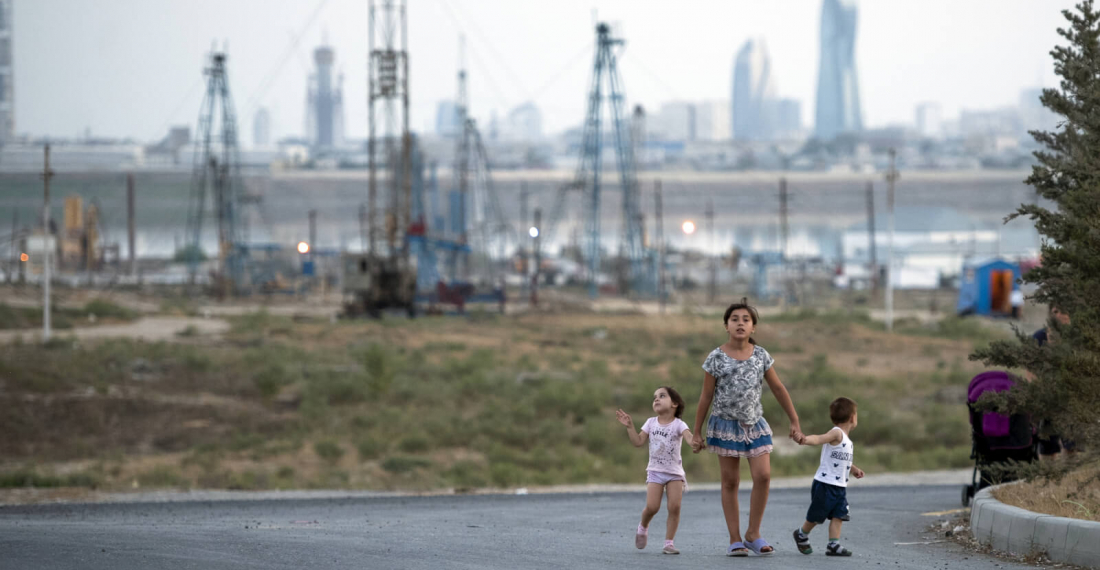As global humanitarian needs worsen further due to the consequences of the coronavirus pandemic and the effects of climate change, the European Commission has adopted its initial annual humanitarian budget of €1.4 billion for 2021. This represents an increase of more than 60% compared with the initial humanitarian budget of €900 million adopted last year.
EU Commissioner for Crisis Management Janez Lenarčič said:
"Humanitarian needs are growing globally and we need a budget to match. Our increased budget will allow the EU to continue to play a leading global role in responding to emerging and existing crises. Ultimately, humanitarian aid is about saving lives. Yet the gap between the financial resources provided by donors and the rapidly increasing humanitarian needs in 2021 is growing. To leave no one behind we therefore need more international partners to step up to fill this gap. We should not forget that only a global response will solve global issues, such as the fight against the coronavirus pandemic, which affects everyone.”
EU humanitarian in 2021 will be allocated as follows:
- €505 million will be allocated to Africa to support people affected by the long-term Lake Chad Basin crisis, impacting Nigeria, Niger, Cameroon, and Chad; those suffering from food and nutrition crisis, worsened by security incidents and community conflicts, in the Sahel (Burkina Faso, Mali, Mauritania, and Niger); and those displaced by armed conflicts in South Sudan, Central African Republic and Horn Of Africa (Somalia and Ethiopia).
- €385 million of EU humanitarian funding will be allocated to the needs in the Middle East and Turkey to help those affected by the Syria regional crisis, as well as the extremely severe situation in Yemen.
- €180 million in humanitarian assistance will continue to help the most vulnerable populations in Asia and Latin America. In Latin America, this includes those affected by the crises in Venezuela and Colombia. The European Union will also continue to provide help in Asian countries such as Afghanistan, where the conflict has been qualified as one of the deadliest conflicts worldwide, and Bangladesh, which is currently hosting almost one million Rohingya refugees from Myanmar. The EU will also allocate €28 million to fund projects addressing crises in Ukraine, Western Balkans and the Caucasus.
- The rest of the funding, €302 million, will be used for EU humanitarian air services and for unforeseen humanitarian crises or sudden peaks in existing crises.
Since climate change is increasing communities' vulnerability to humanitarian crises, the funding will also help vulnerable populations in disaster-prone countries to prepare better for various natural hazards, such as floods, forest fires, earthquakes, and cyclones.






